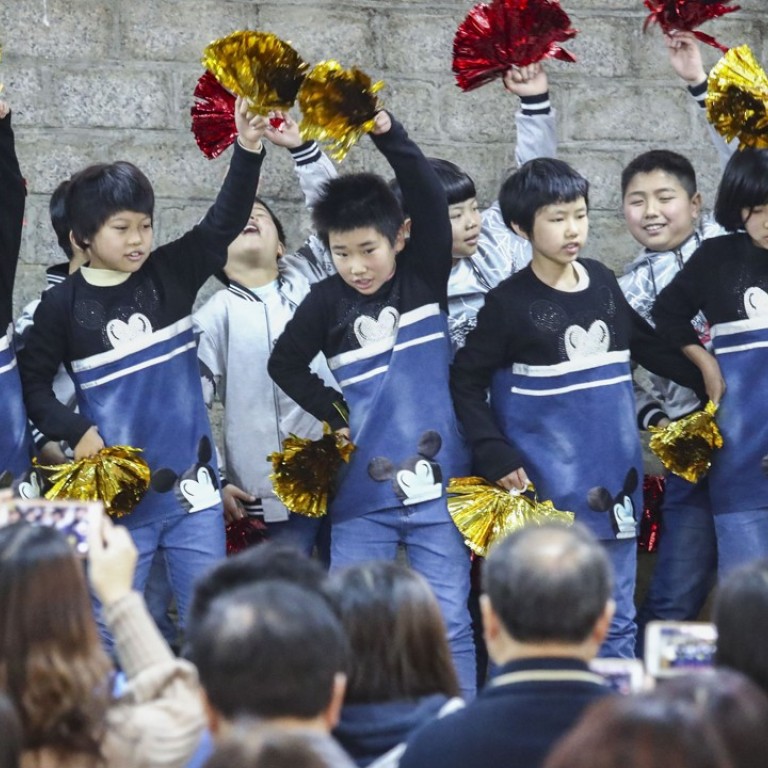
‘They just want care and respect, not Disneyland’: Hong Kong families host 25 children in need for Lunar New Year
Programme organised by Christian Zheng Sheng College sees some youngsters from mainland China experience the festival as part of a family for the first time
As a 12-year-old orphan at a boarding school surrounded by mountains in the landlocked province of Hunan, Zhou Huanhuan had until last week never known the joy of frolicking in the sea.
Among her schoolmates at Zheng Sheng Love School are HIV carriers and children of prisoners or impoverished families.
Despite reuniting with her grandparents every Lunar New Year, Huanhuan seldom tastes the warmth of family bonds and knows little about the holiday custom of calling on relatives, as there are none for her to visit.
With no fancy food or clothes to celebrate the occasion, for the Primary Six student the festival was until this year just like any other time.
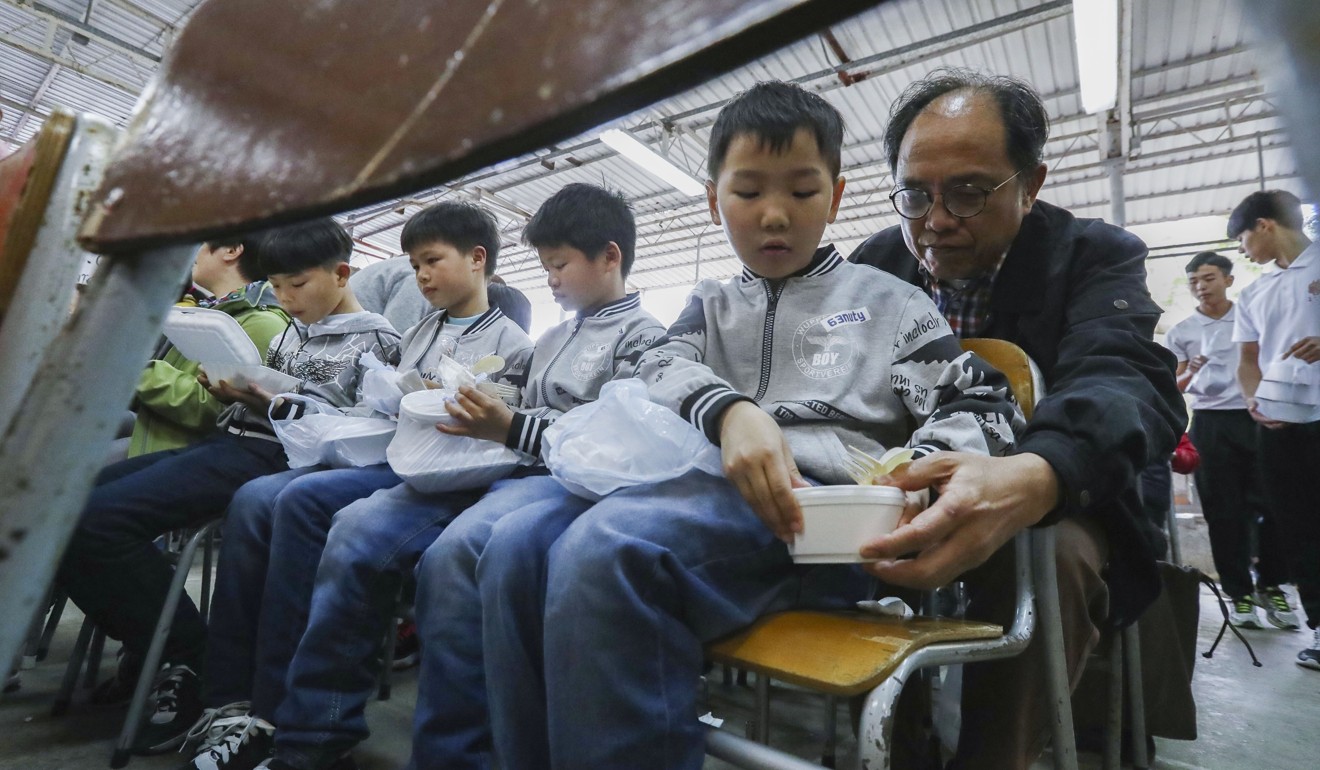
“I never ask for anything from my grandparents as they can’t afford to buy me anything,” she said.
But this year offered a very different experience for Huanhuan.
The student travelled to Hong Kong for the holiday courtesy of a programme organised by Christian Zheng Sheng College with local host families. The juvenile delinquency rehabilitation school occupies a slice of land on Lantau Island’s remote Chi Ma Wan peninsula.
Hong Kong government cuts cash for HIV prevention, just as infections set to surge
Huanhuan was among 25 mainland students from two affiliated Zheng Sheng schools in Hunan and Fujian provinces who were invited to visit Hong Kong for six days. The programme is called: “I have a home in Hong Kong”.
The host families spent time showing the children around the city. The schools they attend on the mainland, which are supported by the Zheng Sheng Foundation, are dedicated to helping underprivileged children. They are free of charge and provide meals and accommodation. A number of youngsters carrying HIV attend the school in Hunan.
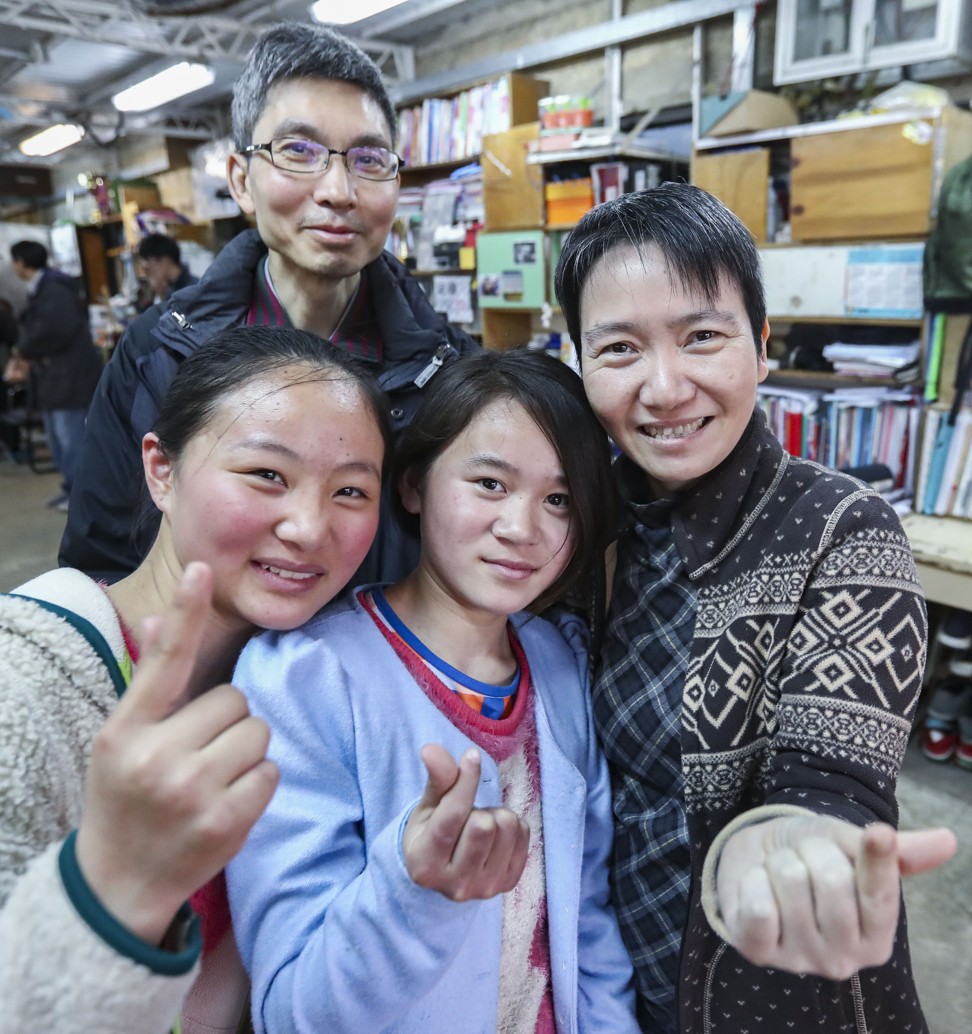
In the 1990s the practice of selling blood instead of donating became common in many rural areas of China. It led to a large number of children becoming infected with HIV, as large amounts of blood were drawn and transferred in unhygienic environments. Many parents passed the disease to their babies. The number of HIV carriers at the Hunan school has since that time dwindled to seven.
Sporting a pink sweater given to her by her host family, a beaming Huanhuan on Sunday told of the many firsts she had experienced during her trip to Hong Kong, including beaches, making bean curd jelly and tasting her first slice of pizza.
Russia’s HIV epidemic is fuelled by virus deniers, who think it’s all a Western hoax
“So far my favourite place in Hong Kong is Shek O beach, because there is no sea in Hunan. I never saw the sea before. I also love the taste of pizza,” she said gleefully as she hopped around Zheng Sheng College taking pictures with the couple hosting her, Ben Ng and Amy Chan.
Chan, who also took in an 11-year-old Hunan girl named Yuan Huili in the same week, said she was deeply moved by how the girls had shown a yearning for love and care. Both had asked gingerly if they could call her “Auntie”.
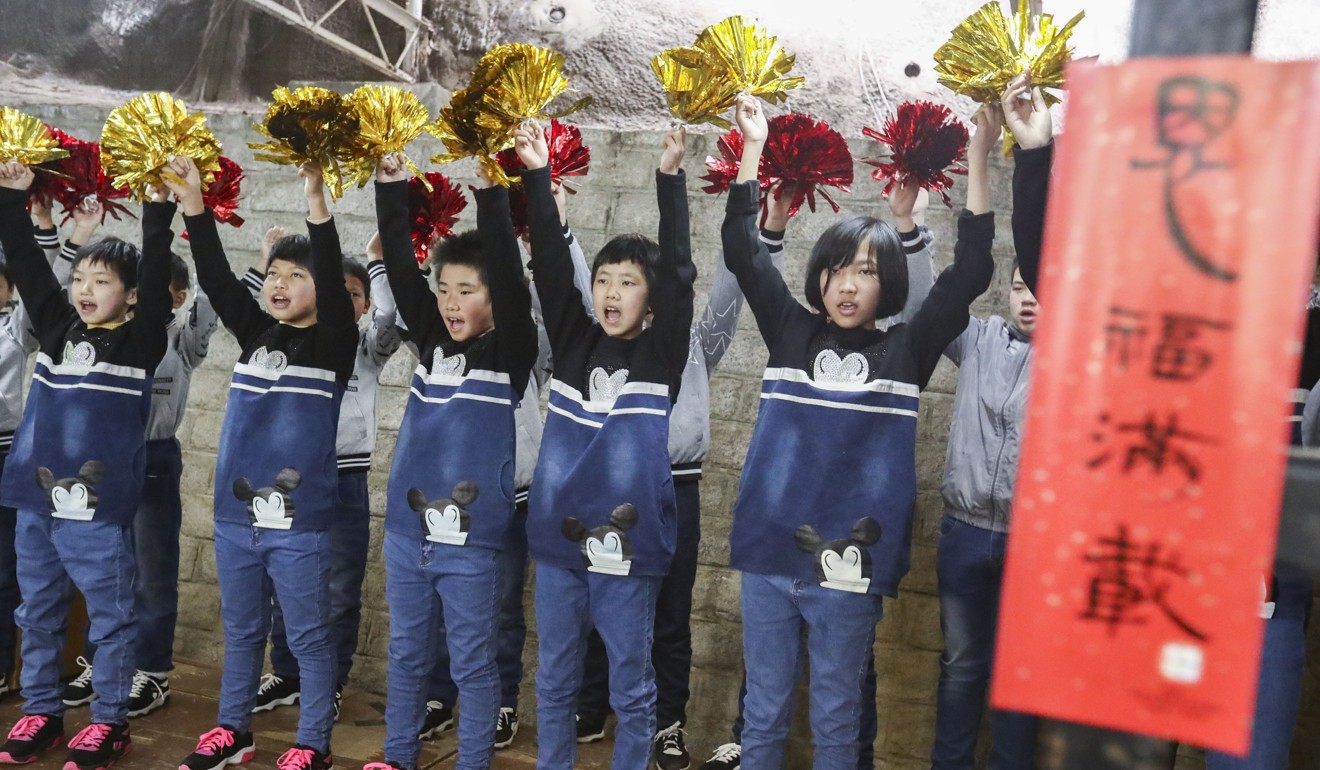
“They just want to feel warmth from someone who feels like family,” Chan said.
“I was surprised to see how they really immersed themselves in all these Lunar New Year activities, such as visiting my relatives, plastering fai chun on the wall and making delicacies.
“They were able to see the great value in these traditional activities deemed old fashioned by many Hongkongers. They don’t need extravagant things. Seeing them happy makes me feel blessed,” she said.
Give Zheng Sheng students a chance
Kammy Mak and her husband Ken, who have been a host family for four years, agreed. They said what the children needed most were not fancy experiences such as Disneyland or Ocean Park, but rather ordinary trips to the seaside or to feel care and respect.
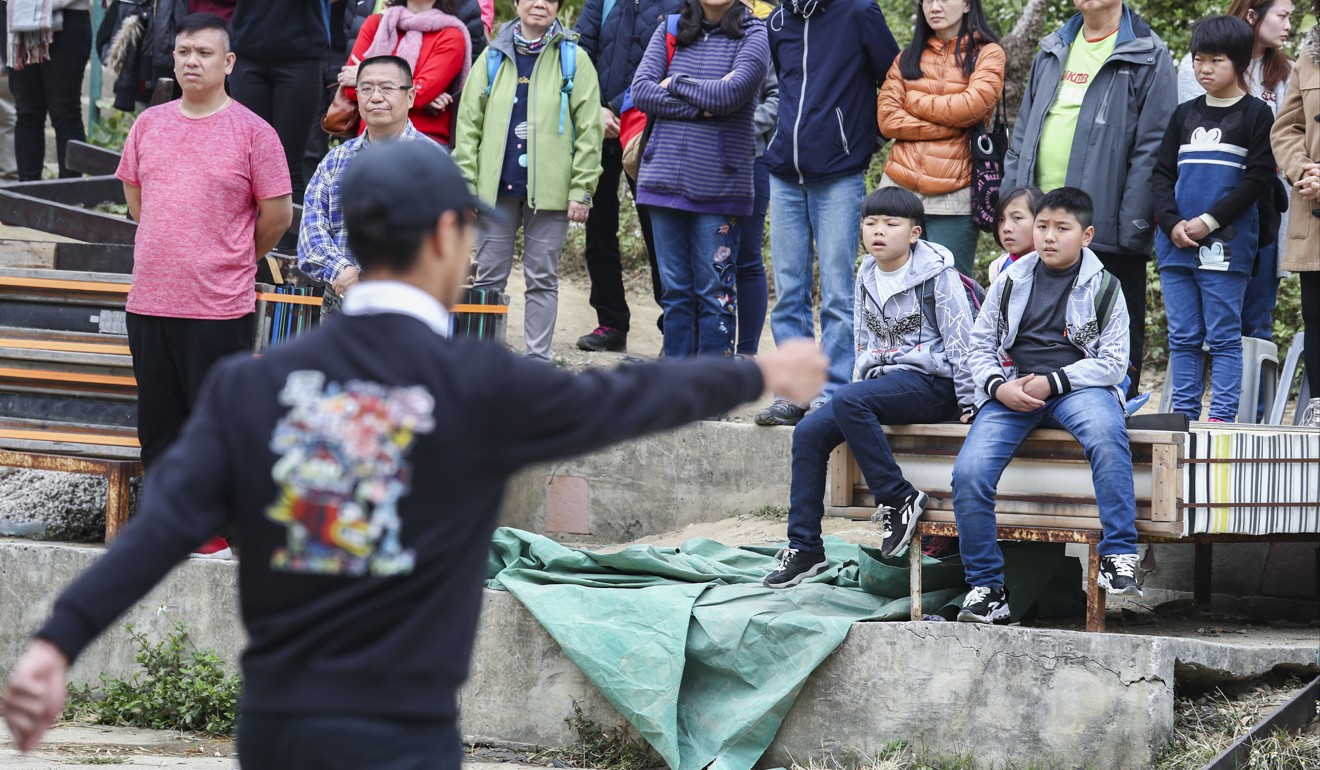
The Maks, who took in two boys with HIV in the first two years they participated, said people needed to discard outdated ideas about the virus. Friends and relatives had turned them away from their homes when they found out they were accompanied by a child carrying HIV, the couple said.
“Many people still don’t know that HIV can’t be transmitted through casual contact. When some of my friends and relatives knew I was the host family for the child, they refused to let us call on them. But others were more open-minded,” Ken Mak said.
Kammy Mak said she hoped more people would be willing to host children with the programme.
“It’s easy for Hongkongers to donate money, but when you ask them for some love or a bit of time, they have a lot of reasons to say no,” she said. “It takes more than money to make these abandoned children feel loved.”

